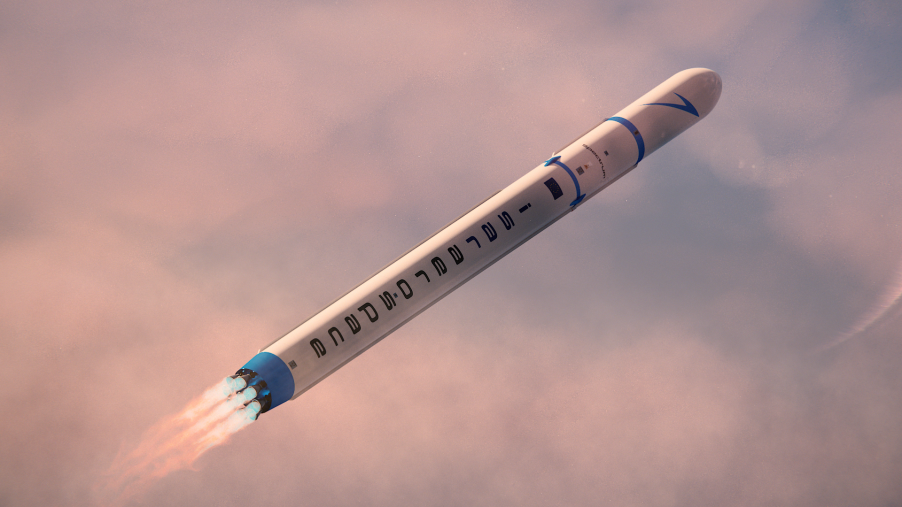
Porsche Joins the Space Race: Invests in Isar Aerospace
As of now, Tesla and SpaceX are the automotive and interstellar power couple. And with more space launches being conducted, such as Jeff Bezos and the Blue Orion, the business of space transport is increasingly lucrative. Now, Porsche is hopping on the space train, investing $75 million in a small german rocket builder called Isar Aerospace.

What is Isar Aerospace?
Three students at the Technical Institute of Munich, Josef Fleischmann, Markus Brandl und Daniel Metzler, founded Isar Aerospace back in 2018. And while Porsche isn’t the only tech investor, many saw the potential of this rocket builder early on. Investments allowed the company to grow through the years, amassing $180 million to play with. And they’ve used some of that money to launch government-contracted satellites.
As of now, Isar Aerospace only builds one rocket: the Spectrum. Able to lift a ton (1000 kg) of cargo into space, the rocket uses two stages to get into orbit. The first stage booster has 675 kilonewtons of thrust, but if you don’t know what a kN is, or how much power that adds up to, don’t worry, I didn’t either. After some googling and paper napkin math, I learned it’s equal to about 125,000 lb-f of torque. The Nissan Titan ain’t got nothing on these rockets.
While there are talks of reusable rockets, Isar has yet to make one, learning towards this simple two-stage design for one key reason: cost.
How is Isar different than SpaceX and Blue Orion?

Backed by billionaires, SpaceX and Blue Orion have a financial advantage over Isar. They’re also bigger companies, with different rockets specialized for different tasks. Elon Musk can send 88 satellites up on the Falcon 9 rocket, which can carry 22,800 kg of cargo, and then land the rocket. Blue Orion hopes to achieve passenger spaceflight, though that likely won’t be affordable for the average joe like me.
But if I ever could afford a rocket, it’d likely be an Isar. Unlike SpaceX and Blue Orion, Isar is looking to make rockets cheap. Their 1000 kg payload is tiny compared to the others, but you can launch an Isar rocket for just $13 million. That sounds like a lot, but considering the Falcon 9 costs $62 million to send to space, it’s really not.
Oh, that’s right, Motorbiscuit is an automotive authority, not a rocketship reporter. So let’s get back to the big question of the day: why would Porsche invest in this?
Why would Porsche invest in space travel?

Lutz Meschke, the Porsche SE executive, explained in a KVIA interview “with Isar Aerospace, we are investing in a company that is well-positioned to establish itself as a leading European manufacturer of launch vehicles.” Blue Orion and SpaceX are both American brands, so Isar is meant to be the European equivalent. And who better to back a German rocket maker than a German automaker?
Through investments like this, while grand, aren’t much different than the investments we make on a day-to-day basis. We buy stocks in hopes that they’ll boom, and sell for a profit. And while Porsche isn’t trading Isar stock, their investment will benefit them in terms of the satellites they may send to space. After all, telecommunications are only going to become more popular as the years roll on.
So whether we’ll get rocket-powered Porsches like there are rocket-powered Teslas is to be determined. But for now, we’ve got homemade rocket-powered Beetles, so that’s pretty much the same thing.


